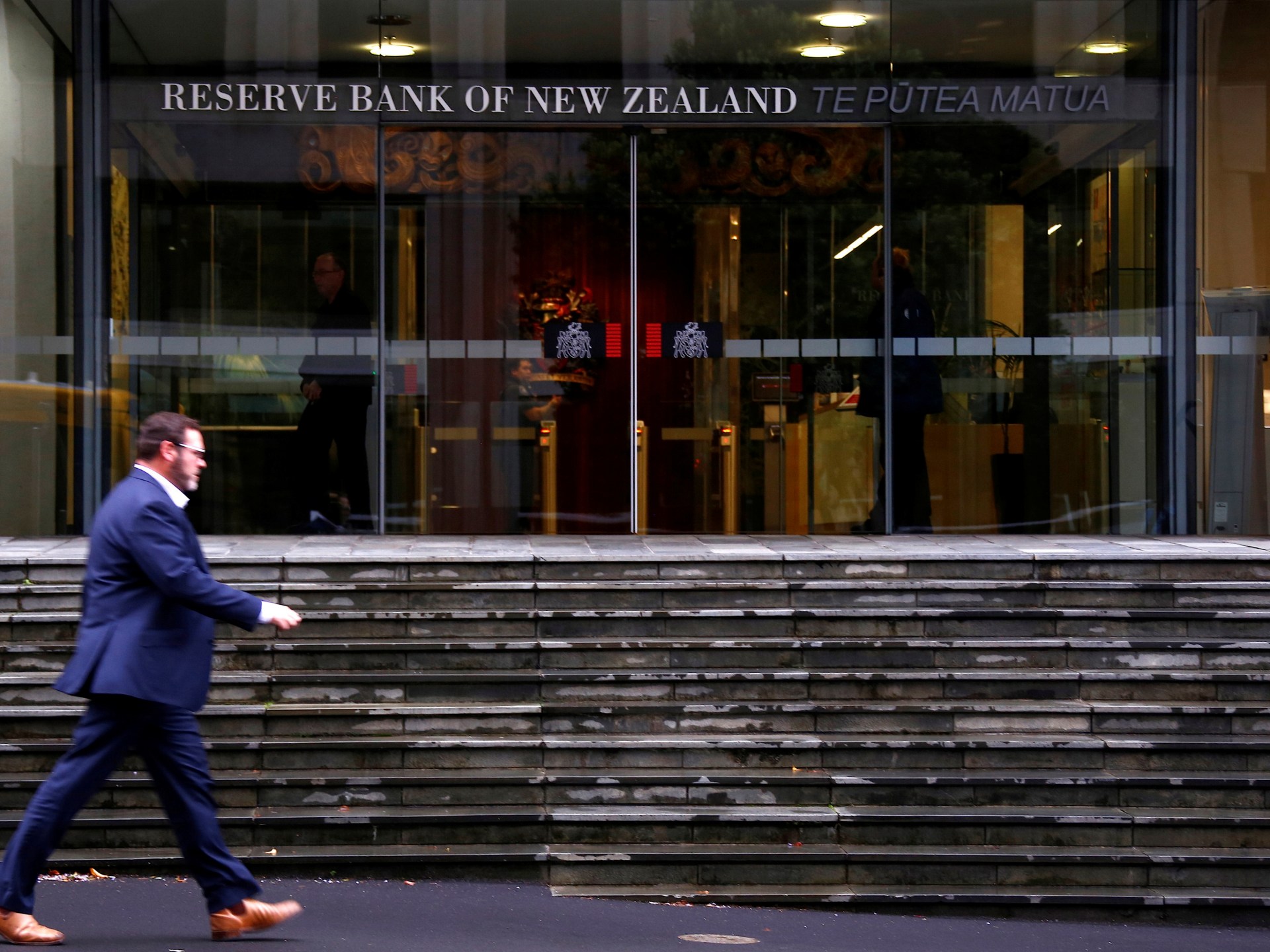The Facts
In its eighth rate increase in 12 months, New Zealand’s central bank raised interest rates by 0.5% to a 7-year high benchmark rate of 3.5% on Wednesday.
The Reserve Bank of New Zealand’s (RBNZ) Monetary Policy Committee (MPC) said the move was an attempt to tackle inflation, which currently stands at 7.3%, and "contribute to maximum sustainable employment" as the country experiences "labor shortages" and "heightened" wage pressure.
The Spin
Pro-establishment narrative
As seen by the responses from New Zealand's average business owners, workers, and consumers, rising prices are by far the most significant economic issue the country is facing right now. With supply issues easing at a tremendously slow pace, the RBNZ has made a sensible decision to raise rates further.
Establishment-critical narrative
A significant cause of the current supply and demand issues is rising oil and gas prices. Since increased oil and gas prices affect the cost of practically everything else, getting inflation under control requires increasing that supply, not only interest rates.
/cloudfront-us-east-2.images.arcpublishing.com/reuters/IRQXFCCJ5BMB7C55PIXGBNYKSI.jpg)
